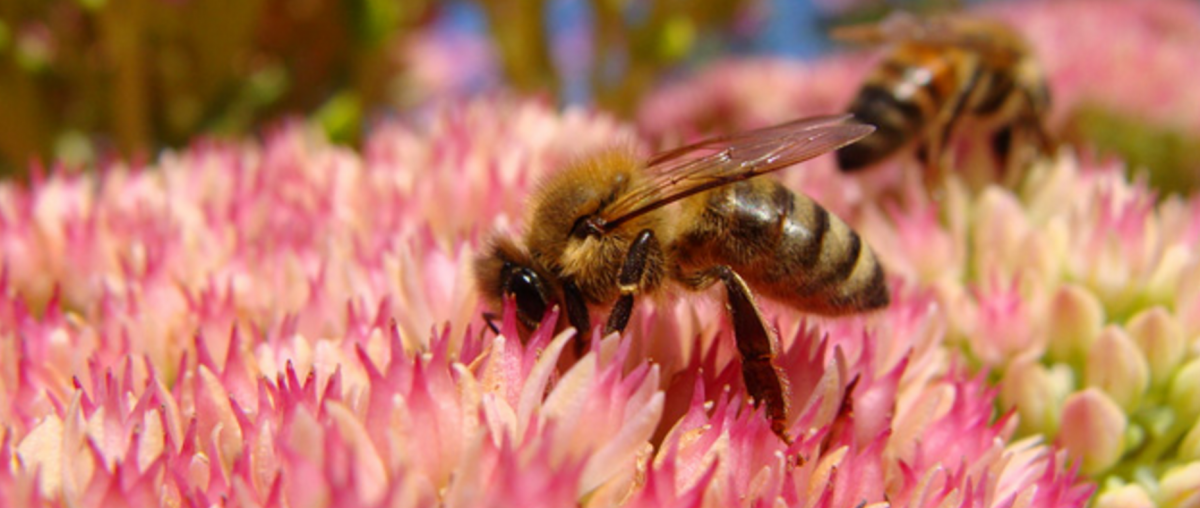Why Protecting Pollinators Is Top Of Mind
This post was originally published on Forbes on June 22, 2016.
Post written by Randy Verhoek, former President of the American Honey Producers Association.

It’s hard to imagine a world without honey bees. After all, vast swaths of our agricultural system rely on this amazing pollinator. Food as we know it depends on bees.
But bees face important challenges — among them, pests like the Varroa mite, exposure to pesticides inside and outside the hive, and poor nutrition due to a lack of forage. Clearing these hurdles to bee health requires strong collaboration from a diverse array of people working in agriculture, beekeeping and beyond. We are all part of one agricultural system. Even farmers working with corn and other crops not pollinated by bees have a role to play. In fact, beekeepers and farmers can and should work together to help improve bee health.
That’s why the American Honey Producer’s Association is a member of the Honey Bee Health Coalition, which is committed to finding collaborative, comprehensive strategies to support honey bee health across all of agriculture. Since launching during Pollinator Week in 2014, the Coalition has made tremendous strides toward this goal. Our Coalition has grown to nearly 40 North American companies and organizations — including beekeepers, farmers, researchers, conservation organizations, agribusinesses and government agencies.
The Coalition has a variety of efforts underway to provide farmers, beekeepers and those who work with them the tools and resources to support honey bee health. As one example, the Bee Understanding Project is enabling beekeepers like me to swap jobs with farmers and gain a better understanding of each other’s operations and perspectives. An award-winning documentary about participants’ experiences during these job swaps is available at the Coalition’s website. Through this dialogue, we can identify and share solutions that work for everyone in the food production system.
The Coalition has also produced a guide for Varroa mite control that is being used by thousands of beekeepers in the United States and beyond. It has developed information for growers and beekeepers on how to protect bee health in agricultural landscapes and provided recommendations for how to improve bee forage in private land conservation programs. In partnership with the National Association of State Departments of Agriculture, U.S. Department of Agriculture and Environmental Protection Agency, the Coalition hosted a symposium on Managed Pollinator Protection Plans to share insights and approaches for states in developing their own plans. And, the Coalition is working on new demonstration projects that show how combining a variety of hive management, forage, and crop management practices can help improve bee health.
The Coalition’s multi-factor, collaborative approach led the White House to cite its work in its National Strategy to Promote the Health of Honey Bees and other Pollinators. Pollinator Week 2016 presents an opportunity to reflect on why honey bees are so vital for our world.
This Pollinator Week, let’s all resolve to work as hard to save the honey bees as they do to sustain our food supply.
(The Bee Understanding Project is not affiliated with the website beeunderstanding.org.)